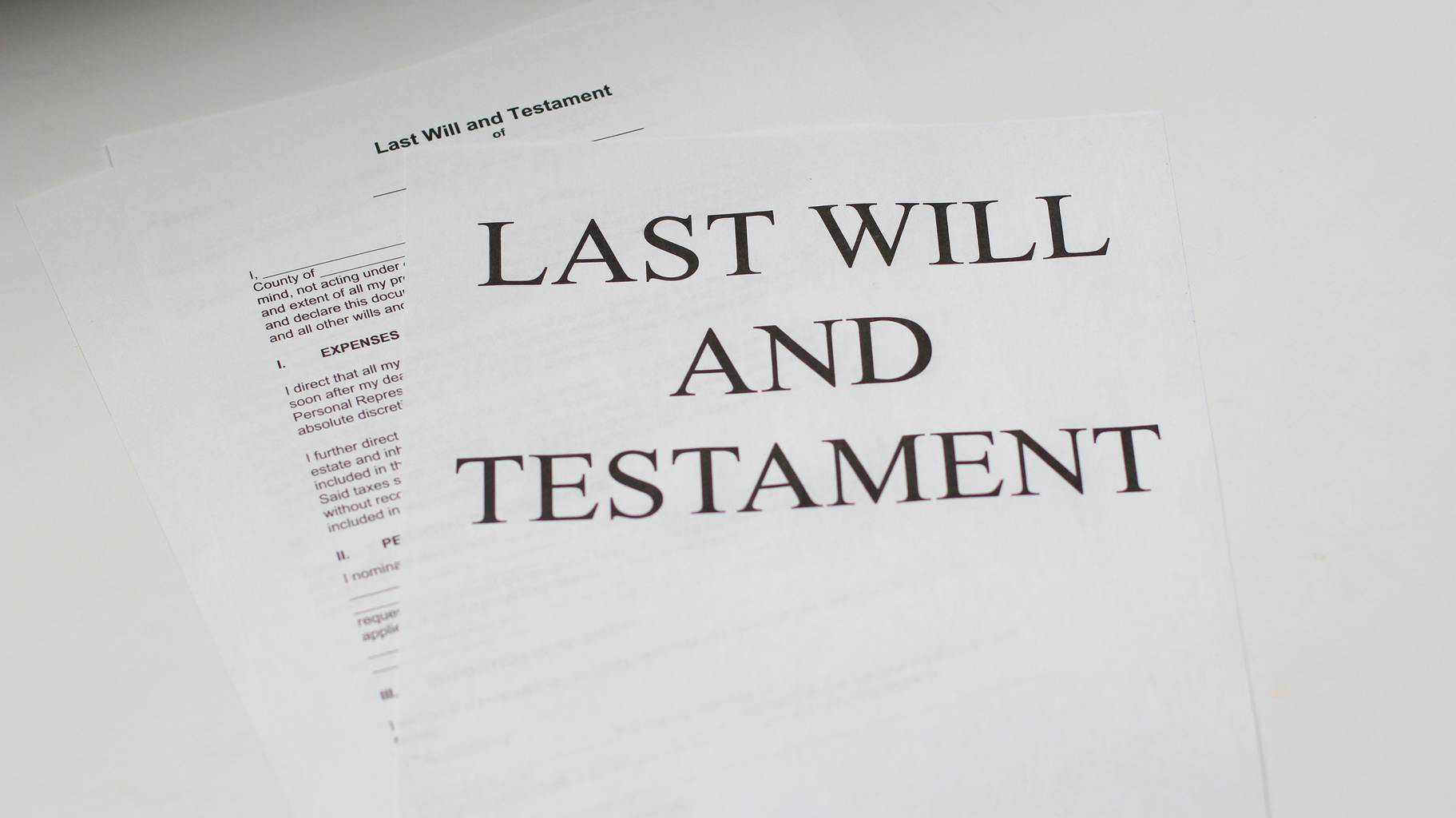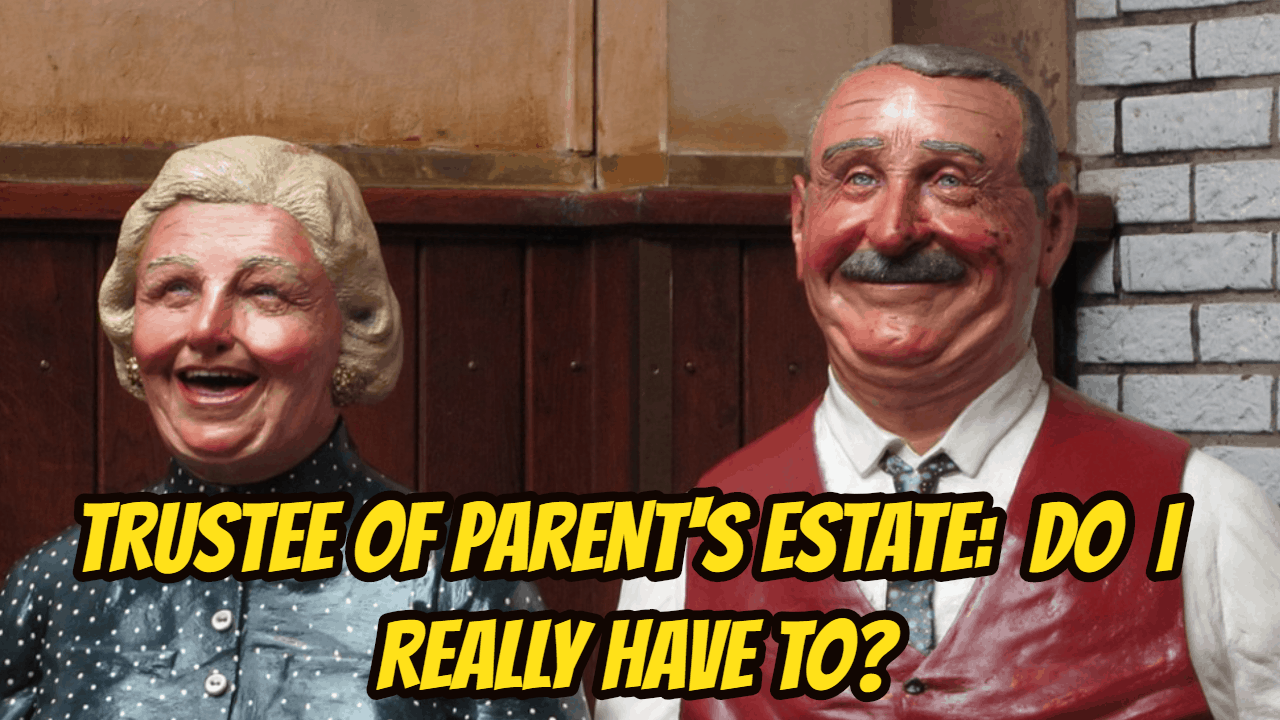Introduction to Inheritance
Definition and Importance
Inheritance is the legal process where assets, money, and property pass from someone who has died to their chosen beneficiaries or family members. This transfer happens either through a written will or according to provincial inheritance laws when no will exists.
Understanding inheritance is crucial for every Ontario family because it affects financial security, family relationships, and future planning decisions.
Asset Transfer Made Simple
When someone dies, their inheritance can include many different types of assets:
- Cash and bank accounts
- Investment portfolios and retirement savings
- Real estate properties and vacation homes
- Vehicles, jewelry, and personal belongings
- Business interests and intellectual property
The key point is that ownership of these assets legally transfers from the deceased person to the new owners, creating both opportunities and responsibilities for beneficiaries.
The importance of planning cannot be overstated. Without proper planning, families often face unexpected financial hardship, lengthy court battles, and emotional stress during an already difficult time. A recent 2025 court case, Morden v. Niwranski, perfectly illustrates how disputes can tear families apart, especially when common-law partners are involved.
Overview of Canadian Inheritance Laws
Canadian inheritance laws vary by province, but they all follow similar basic principles. In Ontario, such laws aim to protect surviving spouses and children while respecting the deceased person’s wishes. However, these laws can create surprising outcomes for modern families.
Inheritance typically goes to people who had close relationships with the deceased. Ontario’s inheritance laws have specific rules about who qualifies as a “spouse” or “child,” which can surprise modern families with complex relationships.
Key features of Ontario’s inheritance system include:
- Automatic rights for legally married spouses
- Protection for minor children
- Specific rules for common-law relationships
- Court oversight of estate administration
- Strict timelines for making claims
Unlike some countries, Canada doesn’t have a federal inheritance tax, but estates may face other financial obligations that affect how much beneficiaries receive.
Dying Without a Will
Intestate Succession
When someone dies without a will in Ontario, they die “intestate.” This triggers Ontario’s intestate succession laws, which follow a strict hierarchy to determine who inherits what. The Succession Law Reform Act sets out this order:
- Surviving spouse receives the first $350,000 plus additional amounts based on family size
- Children split the remaining estate equally
- Parents inherit if there’s no spouse or children
- Siblings receive the estate if the parents are deceased
- Other relatives follow in a specific legal order
Important note: “Spouse” in Ontario means legally married partners only. Common-law partners, no matter how long they’ve lived together, have no automatic rights under intestate succession.
Legal Process and Implications
The intestate succession process in Ontario involves several critical steps that can take months or even years to complete:
Court Appointment: Someone must apply to become the estate trustee without a will (formerly called an executor or administrator). This person has the legal authority to manage the deceased’s assets and debts.
Asset Identification: All assets, debts, and financial obligations must be identified and valued. This includes bank accounts, real estate, investments, and personal property.
Creditor Claims: Outstanding debts must be paid before any distribution to the beneficiaries occurs. This can significantly reduce what beneficiaries actually receive.
Distribution Timeline: Ontario law requires specific waiting periods before assets can be distributed, protecting against unknown creditors or missing heirs.
The legal implications of dying intestate can be severe. Families may face unexpected tax bills, lengthy court processes, and outcomes that don’t reflect the deceased person’s actual wishes.
The Probate Process: Court Approval for Inheritance
Most inheritance situations require probate, which is Ontario’s legal process for validating wills and approving asset transfers. Here’s what happens:
- Court Application: Someone applies to become the estate trustee (executor) either under a will or, if intestate, without a will
- Will Validation: The court confirms the will is legally valid in cases where one exists
- Asset Inventory: All assets and debts are identified and valued
- Creditor Notice: Outstanding bills must be paid before distribution to the beneficiaries
- Final Distribution: Beneficiaries receive their share according to the will or intestacy laws
Probate can take several months to years and involves court fees, which reduce the total amount beneficiaries actually receive.
Age Requirements for Inheritance in Ontario
Ontario has clear rules about when people can receive their inheritance:
- Adults (18 and older): Can receive inheritance immediately after probate is complete and all legal requirements are met.
- Minors (under 18): Cannot directly receive inheritance money or property. Instead, the inheritance goes into a legal trust managed by a trustee until the child turns 18. This protection ensures the money is properly managed during the child’s minority.
- Special Circumstances: Some wills specify that beneficiaries must reach age 21 or 25 before receiving their full inheritance, even if Ontario law would normally allow distribution at 18.
Role of the Canada Pension Plan
The Canada Pension Plan provides important inheritance benefits that work differently from other assets. These benefits can significantly impact a surviving partner’s financial security.
Canda Pension Plan Survivor’s Pension: Available to both married spouses and common-law partners who meet specific criteria:
- Must have lived together for at least one year
- Provides monthly payments for life
- The amount depends on the deceased’s Canada Pension Plan contributions
- Can be combined with the survivor’s own Canada Pension Plan benefits
Canada Pension Plan Death Benefit: A one-time lump sum payment of up to $2,500 that helps cover funeral expenses. Canada Pension Plan death benefits go to the estate or the person who paid for the funeral, regardless of relationship status.
Canada Pension Plan Children’s Benefits: Monthly payments for dependent children under 18 (or up to 25 if attending school full-time). These benefits continue regardless of who has custody of the children.
The Pension Benefits Act
Ontario’s Pension Benefits Act governs how workplace pension plans handle inheritance, creating additional layers of protection for surviving partners.
Registered Pension Plans must follow specific rules:
- Married spouses automatically receive survivor benefits unless they waive this right in writing
- Common-law partners may qualify for survivor benefits if they meet the plan’s definition of spouse
- Pension benefits typically bypass the estate and go directly to the surviving spouse
Locked-In Retirement Accounts (LIRAs) and Life Income Funds (LIFs) follow similar rules, ensuring pension money reaches the intended survivor rather than getting caught up in estate disputes.
Survivor Benefit Options vary by pension plan but typically include:
- Immediate monthly payments for life
- Reduced payments starting at a later age
- Lump sum transfers to the survivor’s registered retirement account
Understanding these inheritance basics helps Ontario families make better estate planning decisions and avoid common pitfalls that lead to family conflicts and financial problems.
With that background introduction into an inheritance in Ontario, I want to discuss the special situation of Ontario inheritance law for common-law partners through a discussion of Giuseppe Lagana’s case in the recent Morden v. Niwranski court decision.
The Real Story Behind Ontario Inheritance Disputes
Giuseppe Lagana’s case perfectly illustrates how intestate succession can create family conflict. He sold his British Columbia home in March 2019 for $342,000 and moved to Ontario to start fresh with his new partner, Ingrid Niwranski. But when Giuseppe died in January 2021 without a will, that money became the centre of a bitter inheritance battle.
The question wasn’t simple: Who gets the $206,551 left in Giuseppe’s investment accounts? His estranged daughter, Amanda, or Ingrid, the woman he lived with for his final years?
This case reveals important truths about inheritance in Ontario that every family should understand.
Inheritance for Spouses and Common-Law Partners
Legal Rights and Considerations
The distinction between married spouses and common-law partners creates dramatically different inheritance outcomes in Ontario. Understanding these differences is crucial for anyone in a relationship.
Married Spouses enjoy comprehensive inheritance protection:
- Automatic inheritance rights under intestate succession
- Preferential right to apply as estate trustee
- Protection against disinheritance through equalization claims
- Spousal allowance during estate administration
- Rights to the matrimonial home regardless of ownership
Common-Law Partners face significant inheritance challenges:
- No automatic inheritance rights under Ontario’s Succession Law Reform Act
- Cannot claim spousal support from the estate
- No protection against being disinherited
- Must prove their partner’s intention to leave them assets
- Limited legal standing in estate disputes
The Morden v. Niwranski case shows how common-law partners can overcome these limitations through careful financial planning and clear documentation of their partner’s intentions.
Joint Accounts Can Override Inheritance Laws
Giuseppe and Ingrid opened joint investment accounts with “rights of survivorship.” This legal term means the surviving account holder automatically inherits the money, no matter what the inheritance laws say.
But courts don’t just accept joint accounts at face value. They want proof that the deceased person truly intended to give the money away.
The Legal Battle: Evidence vs. Family Ties
What Made This Inheritance Dispute Complex
The court had to answer a crucial question: Did Giuseppe really want Ingrid to inherit his money, or was she just holding it in trust for his estate?
Under Canadian inheritance law, there’s something called “presumption of resulting trust.” This means when someone puts another person’s name on their account, the law assumes they didn’t mean it as a gift—unless there’s strong evidence proving otherwise.
The Evidence That Won the Case
Ingrid didn’t just rely on the joint account paperwork. She brought compelling evidence:
- Bank testimony: The financial planner who set up the accounts testified that Giuseppe was clear about wanting everything to go to Ingrid
- Relationship proof: Giuseppe and Ingrid lived together as common-law spouses and referred to each other as husband and wife
- Beneficiary designations: Giuseppe had already named Ingrid as beneficiary on his Registered Retirement Savings Plan (RRSP) and Tax Free Savings Account (TFSA)
- Family estrangement: Giuseppe hadn’t spoken to his daughter Amanda since 2018
Why Amanda Lost the Inheritance Battle
Despite being Giuseppe’s biological daughter, Amanda couldn’t prove she deserved the inheritance. The court noted:
- No communication with her father for years before his death
- No financial support or gifts from Giuseppe in over a decade
- Complete breakdown in their relationship

Lessons for Ontario Families
Don’t Assume Inheritance Rights
This case teaches us that inheritance isn’t just about blood relations. Ontario courts look at:
- The deceased person’s clear intentions
- The quality of family relationships
- Proper legal documentation
- Evidence of financial planning decisions
Protect Your Common-Law Relationship
If you’re in a common-law relationship in Ontario, take these steps:
- Create joint accounts with rights of survivorship for shared assets
- Update beneficiary forms on all registered investment accounts, insurance policies and don’t forget a registered retirement income fund
- Write a will that clearly states your wishes
- Keep good records of your financial decisions and conversations
Get Professional Help for Inheritance Disputes
Estate litigation battles are emotionally draining and legally complex. Professional estate trustees can help families navigate Ontario’s inheritance laws while protecting everyone’s interests.
Why This Ontario Morden v. Niwranski Case Matters
The Morden v. Niwranski decision shows that Ontario courts will look beyond family relationships to find the deceased person’s true intentions. Giuseppe’s clear actions—opening joint accounts, naming Ingrid as beneficiary, and living with her as his spouse—spoke louder than his biological connection to his daughter.
This ruling reminds us that proper estate planning protects the people we care about, not just those related by blood.
Common Questions About Ontario Inheritance Law
Q: Do common-law partners automatically inherit in Ontario? A: No. Only legally married spouses have automatic rights under Ontario law.
Q: Can joint accounts override a will? A: Yes, if properly set up with rights of survivorship, joint accounts pass directly to the surviving account holder.
Q: What happens if someone dies without a will in Ontario? A: Ontario’s intestacy laws determine who inherits, typically favouring married spouses and children over common-law partners.
Q: How can I protect my common-law partner’s inheritance rights? A: Create a will, use joint accounts with rights of survivorship, and update all beneficiary designations.
Professional Estate Administration in Ontario
At Ira Smith Trustee & Receiver Inc., we act as an independent court-appointed estate trustee under the business name Smith Estate Trustee Ontario. We’ve handled numerous estate disputes involving common-law partners, blended families, and complex estate situations. We serve as court-appointed estate trustees when families need independent, professional administration.
Whether you’re facing an estate dispute or want to protect your own family’s future, proper guidance makes all the difference. If you are facing a difficult estate administration in Ontario, contact us for a no-cost consultation.
Smith Estate Trustee Ontario provides professional estate administration services throughout Ontario. We specialize in complex estate disputes and court-appointed estate trustee services. Contact us for guidance on your specific estate situation.
Disclaimer: The information provided in this blog is intended for educational purposes only. It is not intended to constitute legal, financial, or professional advice. Readers are encouraged to seek professional advice regarding their specific situations. The content should not be relied upon as a substitute for professional guidance or consultation. The author, Ira Smith Trustee & Receiver Inc., and any contributors do not assume any liability for any loss or damage.





